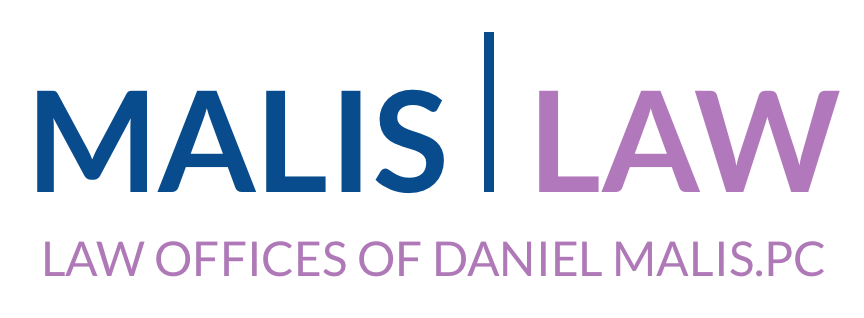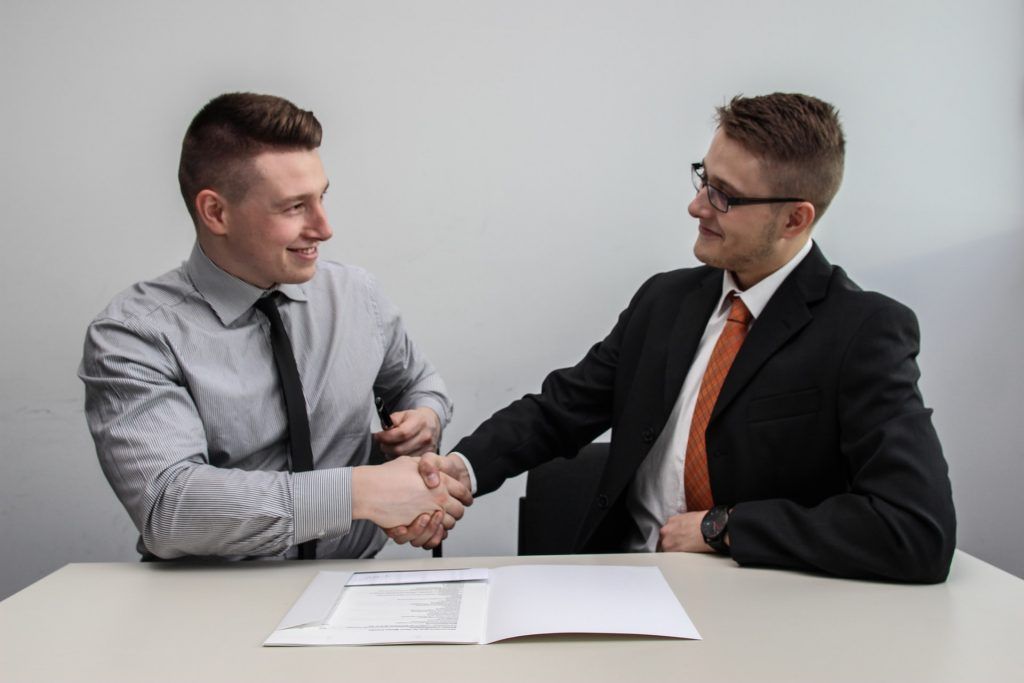MALIS|LAW Shows Door Owner and Door Repair Companies the Door — and Settles Case for $900,000+
In 2016, an 84 year old semi-retired engineer was leaving an electronics company after delivering a lecture on detection of forged computer chips when an automatic door closed on him, knocking him to the ground.
He severely fractured his hip and during corrective surgery to install a pin and hardware, suffered a stroke. Although he recovered from the stroke in a few weeks, he began to show signs of accelerated dementia, and by the time the lawsuit began, was a shell of his former, remarkably active self.
Despite the pandemic preventing in person depositions, we were able to successfully use streaming video to interview witnesses under oath, using technology which MALIS|LAW had installed years before the pandemic in anticipation of increased remote discovery.
Depositions of critical witnesses disclosed that the “presence sensor” of the automatic door, which was programmed to stop the doors and reverse their motion, had been unplugged in a way that demonstrated that the disconnection had to have been done deliberately. Investigation during litigation also revealed that these doors had been observed to be in deteriorated condition with evidence of electronic and physical corrosion from weathering over two years prior to the accident but the door’s owner would not authorize replacement.
Further, an automatic door servicing company had apparently performed haphazard repairs of the door after the door owner failed to replace it, installed an inappropriate presence sensor in an attempt to repair the door, and did not take the door out of service. An independent maintenance company hired by the door owner to supervise the repair repeatedly pressured the repair company to hurry their work along and did not warn the owner of the consequences of leaving a corroded door in place.
Finally, there was evidence four months before the accident that the door owner’s maintenance foreman may have himself unplugged the critical sensor while “taking care of” a company employee’s door complaint on his own. This foreman, who had been subsequently laid off by the owner, refused to appear for deposition, despite a court order to do so. There was also evidence that the door’s owner had disposed of removed door sensors after the accident and may have been covering up the evidence of their own involvement in the door’s malfunction.
The real problem with the case was establishing a causal relationship between the client’s fall and his accelerated dementia, since he was already 84 when injured. The client had made prior complaints to his doctors that he felt his memory was slipping. MRIs had also suggested that the stroke during his operation was not caused by traumatic brain injury but by cholesterol buildup.
We presented evidence that anticoagulants that the client routinely took to prevent strokes before the accident had to be removed in order for his hip surgery to proceed, so the absence of anticoagulants likely led to his stroke. Regarding dementia, we retained a highly credentialed neurology and cognition expert to examine the client (again, using remote streaming technology) who also reviewed measurements of his developing Alzheimer’s related dementia to establish that his disease had dramatically accelerated after the accident and stroke, faster than the “normal” progression of Alzheimer’s disease. Finally, we took a deposition of the host of the seminar our client conducted on the day of the accident. That engineer testified that on the day of his fall our client was sharp, focused and was still, at 84, a leading expert in his field — which is why they had hired him to speak to company engineers on the day he was injured. Our neurological expert agreed that this demonstrated our client’s high level of functionality before the accident.
A day long mediation after completion of discovery yielded a settlement over $900,000 from the door’s owner, the door repair company and the maintenance company for our client and his grateful family, ensuring their future and his future care.
The post MALIS|LAW Shows Door Owner and Door Repair Companies the Door — and Settles Case for $900,000+ appeared first on Malis | Law.





